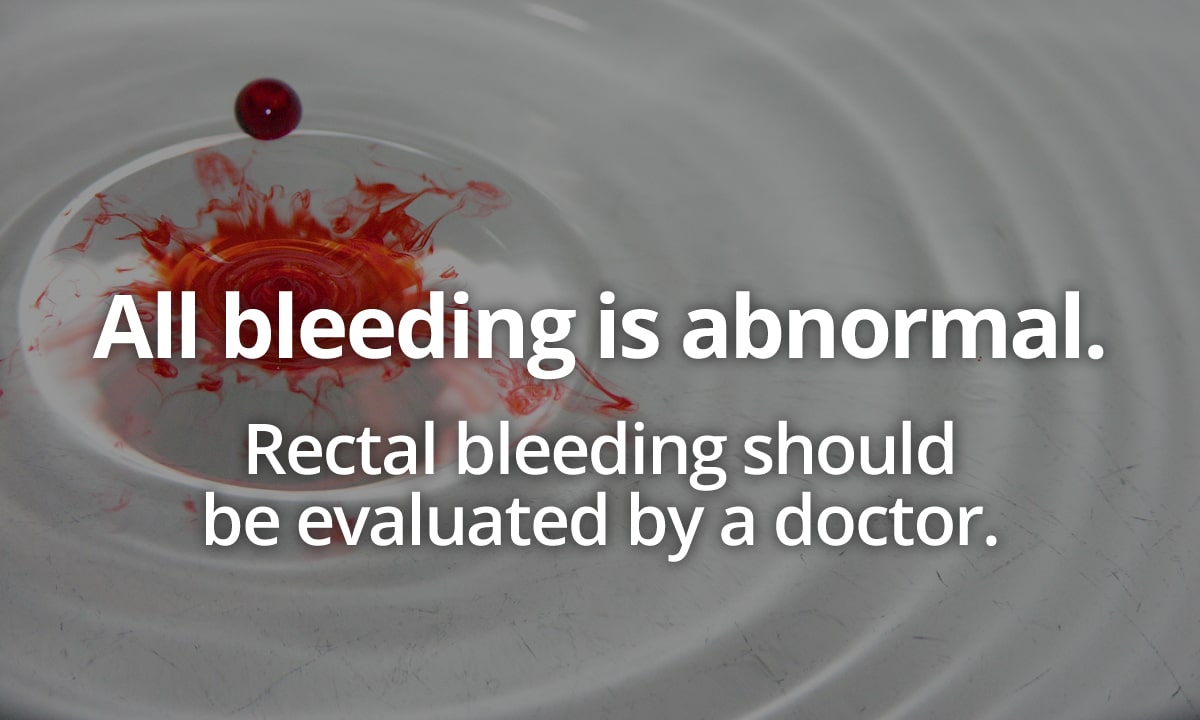WHAT ARE SOME OF THE CAUSES OF RECTAL BLEEDING?
Seeing blood in your stool can be a very scary experience. There are many things that can cause rectal bleeding, some of which are benign, some of which are not. Rectal bleeding can range from seeing a few spots of blood on the toilet paper when you wipe to having a toilet bowl full of blood after a bowel movement. The most common causes of rectal bleeding are:
- Hemorrhoids
- Anal fissure (split or crack in the lining)
- Blood thinner medications (aspirin)
- Proctitis (inflammation of the rectum)
- Ulcerative colitis
- Crohn’s disease
- Colon polyps
- Colon cancer
- Diverticula
WHEN SHOULD I SEE A PHYSICIAN FOR RECTAL BLEEDING IN SAN ANTONIO TX?
Rectal bleeding is never normal. Although it is frequently from benign conditions like hemorrhoids, the only way to know for sure is to have an evaluation. Frequently, colon polyps will bleed as they are growing from a colon polyp too a colon cancer. Sometimes the initial blood is the only sign that we have that something abnormal is going on. I have seen too many patients that have ignored or rectal bleeding for long periods of time thinking it was due to hemorrhoids only to show up with an advanced colon cancer down the line. My recommendation is, if you notice rectal bleeding, contact your physician or my office for evaluation.
WHAT EXAMS ARE DONE TO EVALUATE RECTAL BLEEDING?
The initial part of the workup for rectal bleeding is evaluation of your current medical conditions, risk factors and medications. Then you will likely go through some type of visualization of the gastrointestinal tract to look for a source of the blood. This may consist of x-ray studies (barium enema, CT scan) or colonoscopy. If the bleeding is felt to be due to hemorrhoids, sometimes a simple anoscopy (passage of a small 10cm long scope into the rectum) in the office we’ll give us the answer. Don’t ignore rectal bleeding.


